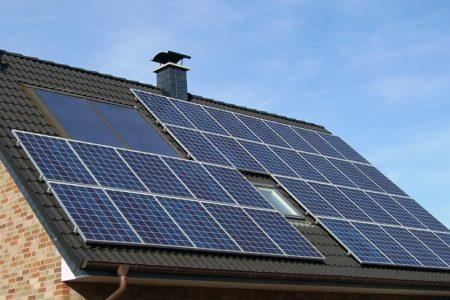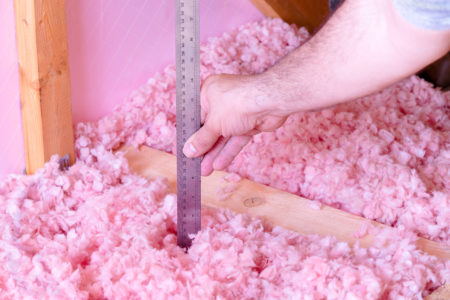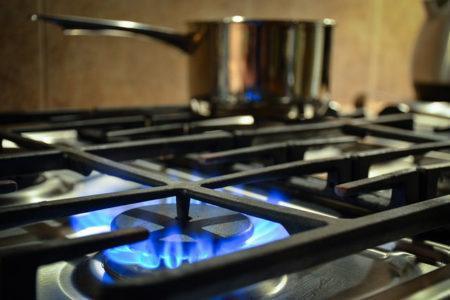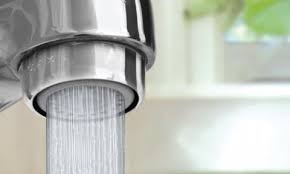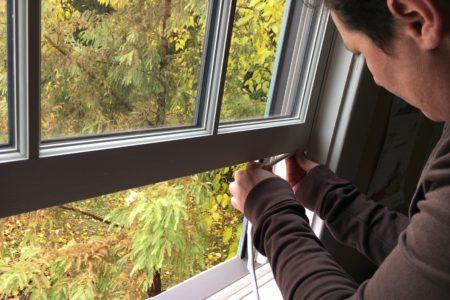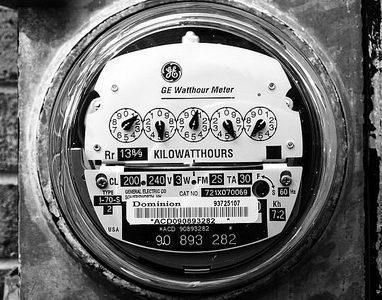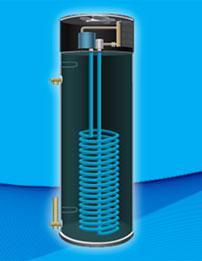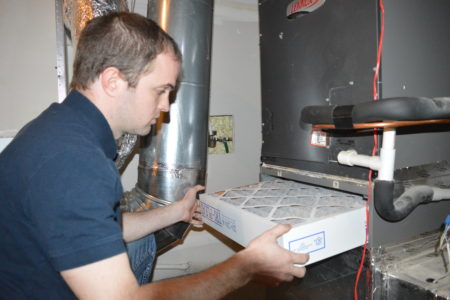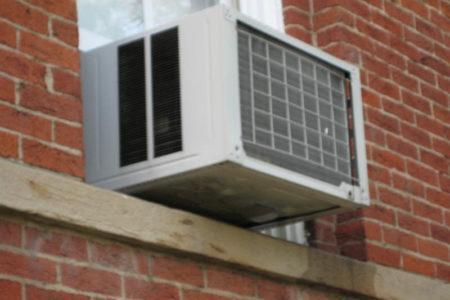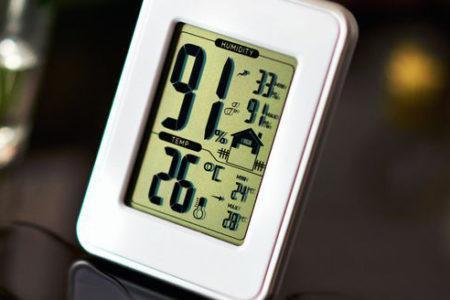Solar? On your roof? It’s more possible than you think.
Going solar is a big decision, one that has big potential to greatly reduce your utility costs and your greenhouse gas emissions. Maybe you’re just starting to explore a solar photovoltaic system for your home, or maybe you feel ready to take the plunge. Here are some factors to consider to get solar read more...

